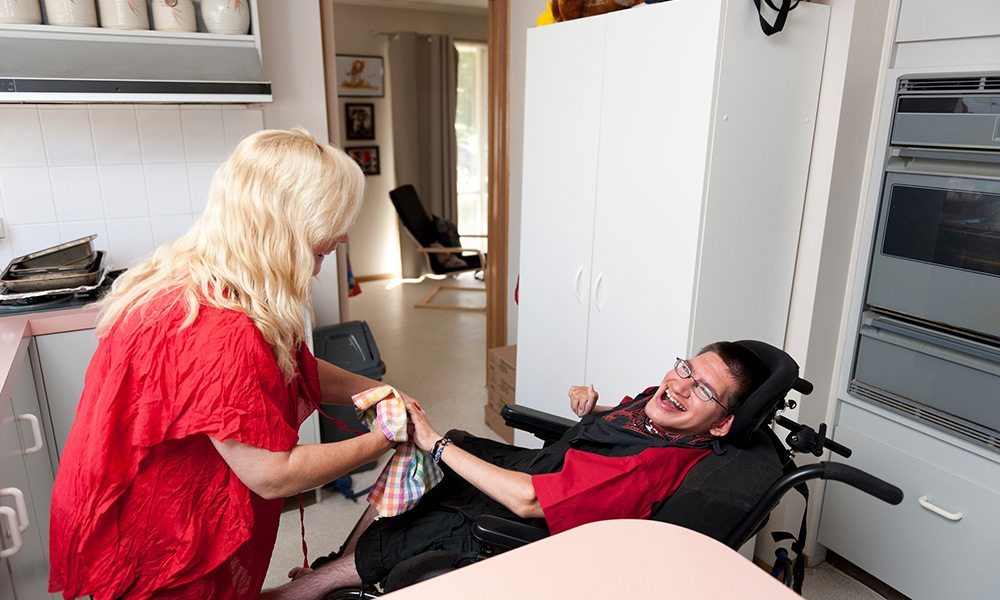
As individuals with disabilities grow older, the financial options available to them can change or become rarer, especially when they reach ages 21 or 22 (depending on the state). This is when services and support through the public education system ends, when they graduate or receive a high school diploma. Once they graduate high school, they may need additional assistance in covering the costs of housing/rent and other financial burdens. There are some programs available to help defray the cost of living for individuals with disabilities. For more information on housing, rent and financial help, check out our resource guides:
In many situations, individuals with disabilities will often continue to live with family members. It’s important to know that there are services available to help support these adults, including day programs (such as those run by The Arc, through some hospitals, and through adult day centers), and home care assistance for individuals who may require some support with the activities of daily living in the home setting. Parents with adult children with disabilities may benefit from financial planning services to help support their children as well:
- Financial Support for Individuals with Disabilities
- Income Assistance for Individuals with Disabilities
- Assistance with Key Needs: Food, Housing and Medical Insurance

